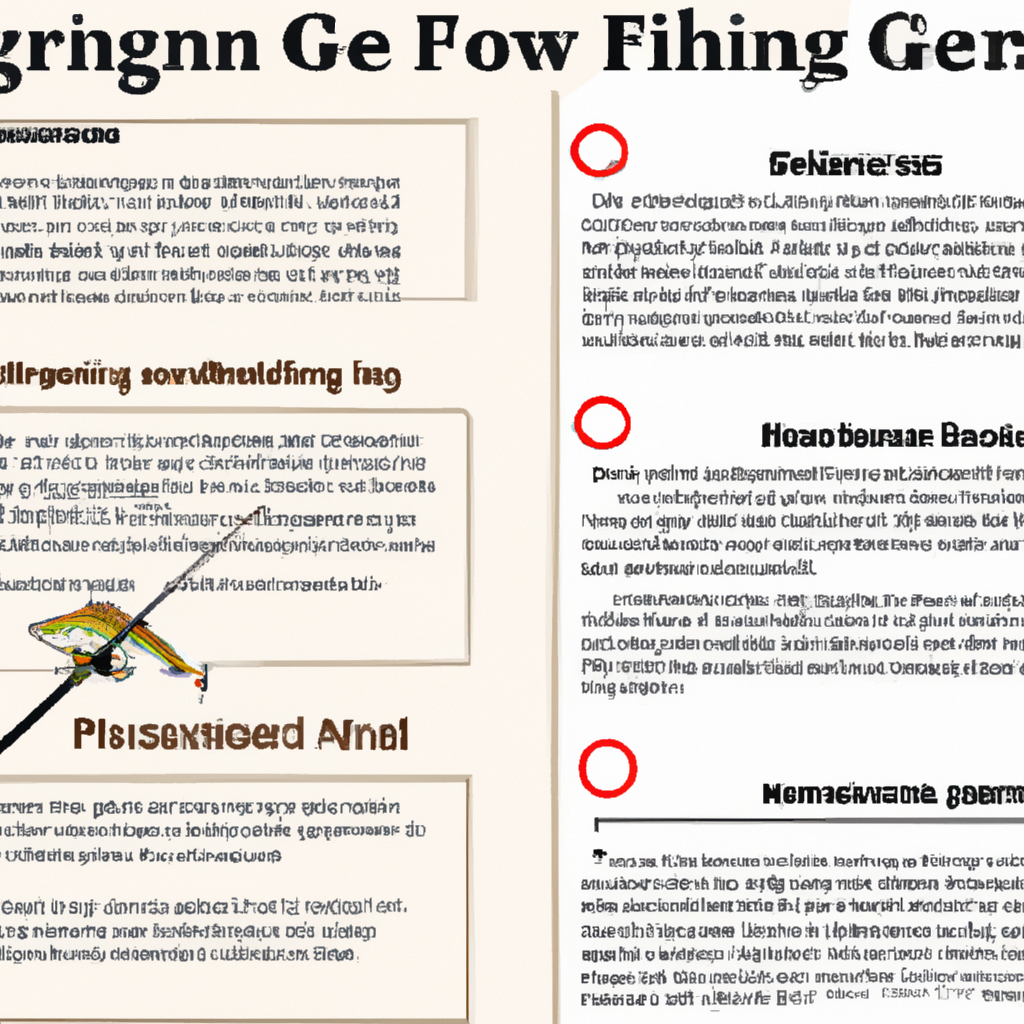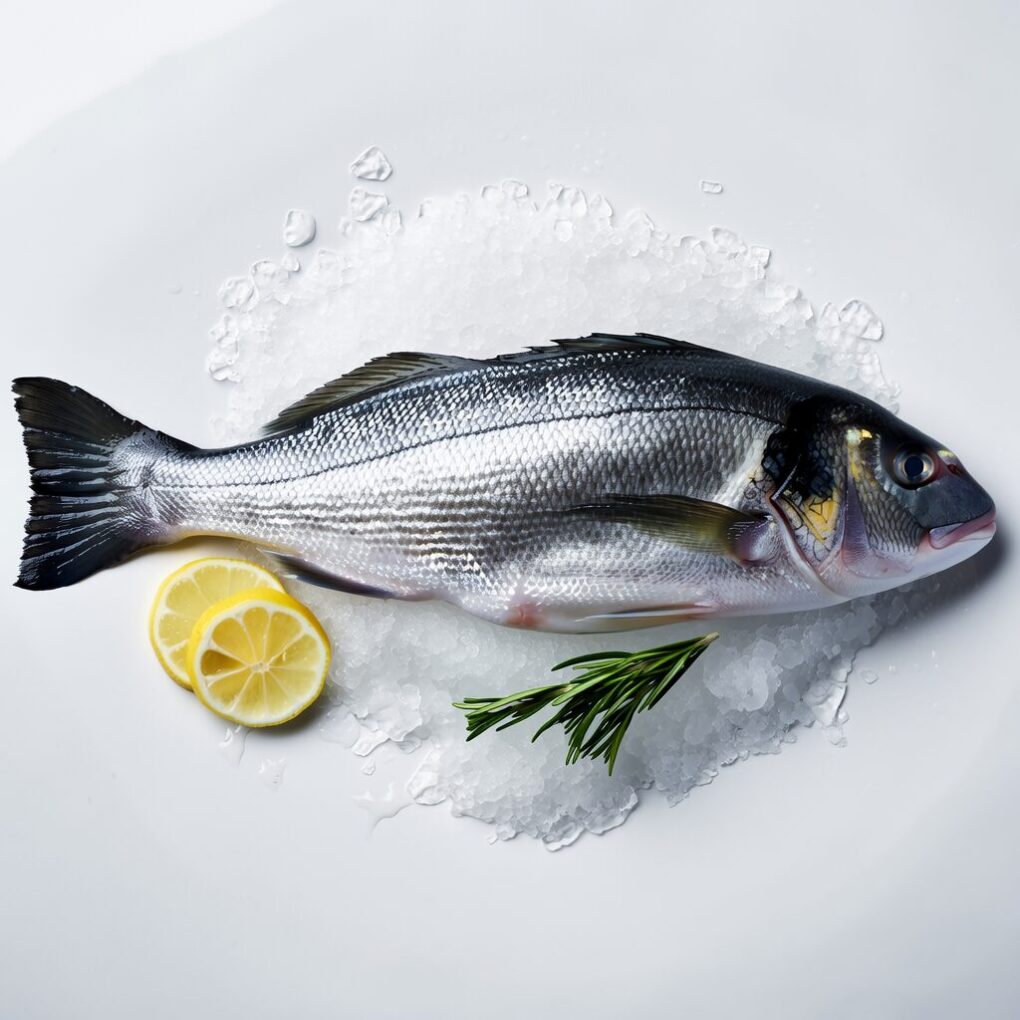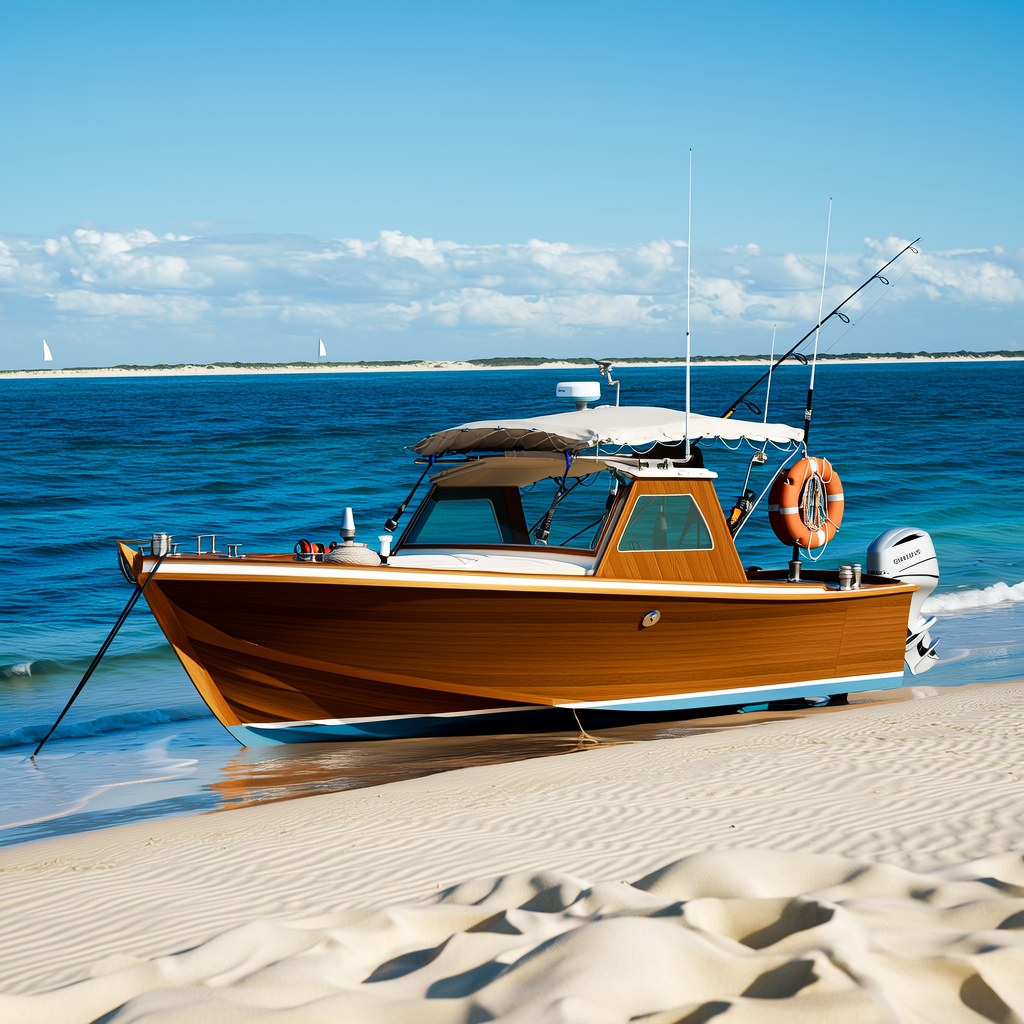Florida is well-known for its great fishing opportunities. There are both freshwater and saltwater options. Anglers need to be familiar with Florida’s fishing regulations to avoid penalties and to maintain sustainable fishing methods. This guide will give you an overview of Florida’s fishing regulations, including laws and regulations that apply to commercial and recreational fishing.
Florida Recreational Fishing Regulations
Florida residents and visitors alike love to fish recreationally. There are many opportunities for anglers in Florida to catch a variety species of fish. The Florida Fish and Wildlife Conservation Commission has set out regulations for recreational anglers to ensure that these resources are sustainable.
Permits and Licenses
A permit or fishing license is required for anyone who wishes to fish in Florida. This depends on the type of fishing you plan to do. A standard fishing license is required to fish from a boat or shore. Some exempt groups, like children under 16 or residents of Florida over 65, do not need a license.
For certain types of fishing such as lobstering and collecting live bait, special permits are required. Before you go fishing, it is important that you check the FWC website to see what license and permit requirements are.
Bag Limits and Size Limits
To ensure sustainability, the FWC has set bag and size limits for certain fish species. Bag limits are the maximum number of fish a person can keep per day, while size limits are the minimum and maximum size of fish that can still be kept.
Redfish and spotted seatsrout have slot limits that require that fish within a specific size range be released. It is important to verify the FWC regulations regarding specific size and bag limits for the species that you intend to target.
Seasons and Closures
Some fish species have specific closures that prevent them from being harvested at certain times. This is done to protect the fish during their breeding season and to allow them to recover. Snook, for example, is a species that anglers often target, but it has an open season from May 1 to August 31.
It is important to keep up-to-date with any closures or seasons that could affect your fishing plans. You can find updates from the FWC on their website or through their social media channels about closures and openings.
Gear and Equipment Regulations
Florida also regulates the type of equipment and gear used for recreational fishing. Certain types of hooks, traps, nets, and traps are prohibited. Before you go fishing, it is important to make sure that you are aware of any equipment regulations.
Enforcement
FWC officers enforce Florida fishing regulations and can issue citations and fines for violations. Depending on the severity of the violation, fines can range anywhere from a few hundred dollars up to thousands of dollars.
Florida Commercial Fishing Regulations
Florida’s commercial fishing industry is a major one, providing employment and economic benefits. It is heavily regulated to protect the environment and ensure the sustainability of the fish populations.
Licenses and Permits
Commercial fishing requires special permits and licenses. The type of fishing and the species targeted will determine the type of permit that is required. The FWC website has detailed information about commercial fishing permits and licenses.
Gear and Equipment Regulations
The regulations for commercial fishing gear and equipment vary depending on the type. The use of turtle-excluders in shrimp trawling operations, and circle hooks in longline fishing to reef fish are two examples of common regulations.
Bag Limits and Size Limits
For certain species, commercial fishing may also be subject to size and bag limits. This is to protect the fish population and prevent overfishing.
Seasons and Closures
Some species are not allowed to be harvested during commercial fishing. This is done to protect the fish populations during their breeding season and to allow them to recover.
Enforcement
FWC officers enforce Florida’s commercial fishing regulations. You could face fines, suspension of your license, or even jail time for violating these regulations.
In Conclusion
Florida’s fishing regulations are intended to protect valuable wildlife and fish resources. These regulations must be followed by commercial and angler fishers to ensure the sustainability and protection of the environment. To avoid fines and to maintain sustainable fishing practices, it is important to keep up to date with any changes or updates to Florida’s fishing regulations.




